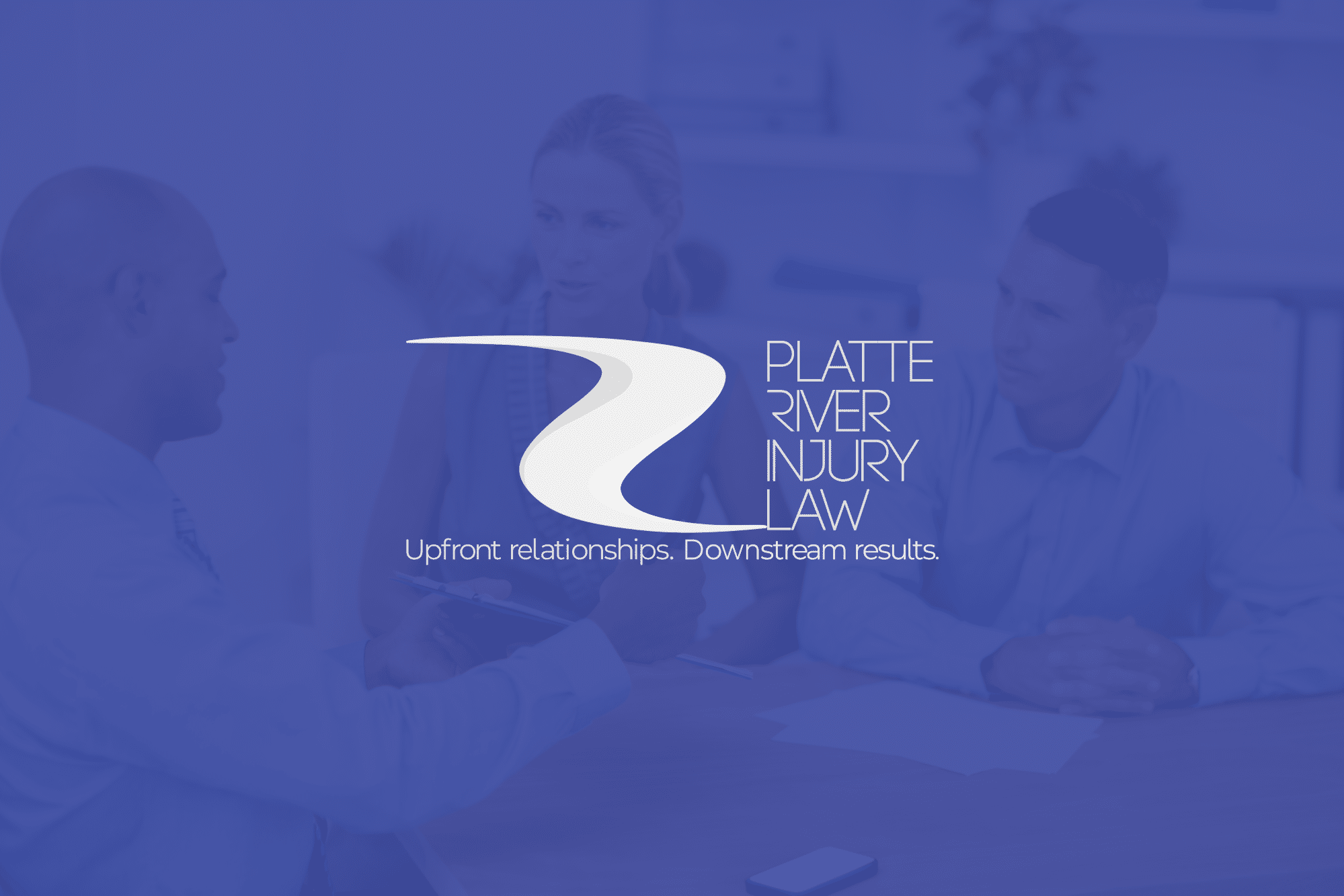When someone who has suffered an injury comes to talk to a personal injury lawyer about compensation for their damages, the lawyer will begin by asking them to describe exactly what happened to them. Were they injured because of dangerous conditions on someone’s property—open land, a house, an apartment, a store? Or did another person do something that caused their injury? This question is the starting point for determining how they can recover—whether it is a matter of premises liability or personal liability.
Both of these situations lead to tort claims, and they have these elements in common:
- One party had a duty of care to other people
- They breached that duty of care
- Because they breached that duty, another person was injured
- And that person suffered damage from the injury
When the party had a duty of care to the safety of others on their property, then a failure in that duty that caused an injury would result in a premises liability case against them. When the party’s duty of care applied to their own behavior, a failure in their duty would result in personal liability to the person they injured.
In either situation, the injured party can claim compensatory damages, including medical bills, lost wages, emotional distress, and pain and suffering. If the injury resulted from malice or recklessness, the court might decide to grant punitive damages to the plaintiff.
Premises Liability Claims in Wyoming
In Wyoming, business owners must take reasonable care to make their premises safe. If they knew or should have known that there was a hazardous condition on the property and did not take steps to make it safe, they could face liability for any injuries suffered because of it. An invited guest on private property can also expect the same duty of care, and a landlord, too, has to provide a reasonably safe habitation. There are exceptions; for example, someone who just allows their land to be used without charge does not have that duty of care, and trespassers can’t expect it either. Nonetheless, many everyday accidents are covered by some party’s premises liability.
When a floor is poorly maintained—slick wet tile, tangled ground, cracked cement—and that causes someone to fall and be injured, it results in one of the most common premises liability claims, a slip and fall. Any injury arising from a hazard that has not been addressed may give rise to a premises liability claim: rotten boards that give way, stairs that collapse, unsalted paths that freeze over, mold that makes tenants sick.
Personal Liability Claims in Wyoming
Personal liability is more straightforward: when a person’s act or omission causes an injury to someone they had a duty of care towards, they can be personally liable for damages. We handle these claims daily. Some of the most common types we see are:
- Motor vehicle accidents—cars, trucks, motorcycles
- Other traffic accidents involving bicycles or pedestrians
- Medical malpractice
Today, liability insurance is common enough that many people, and most professionals, carry some type of it. If so, there is more likely to be money available for an injured party to recover, but insurance company attorneys may try to pressure you to abandon your claim or accept much less than you need.
Wyoming is a “modified comparative negligence” state. This means that in a trial, a court determines whether the plaintiff was partly at fault for their own accident and how much, by percentage. Their damage award is reduced by that percentage—for instance, if the plaintiff was 20% at fault, their award of $10,000 would be reduced by $2,000. If a plaintiff is found to be more than 50% responsible for their accident, they cannot recover anything.
The defendant’s insurance investigators will make their own estimations of fault, and they will have their own best interests in mind as they do it, not yours. Let an attorney handle them for you—we deal with insurance companies every day. We will investigate your claim in order to calculate your damages and determine the fairest outcome for you.
Most injury cases in Wyoming have to be brought within four years of the incident, but in some cases, the deadline is closer, and the requirements can be complex. If you have a claim or believe that you could, don’t delay—we are waiting to hear from you. Contact our attorneys in Casper today.






